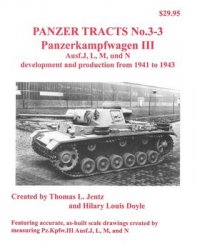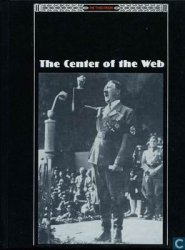In the last thirty-five years or so of Romanov rule, the Jewish population of Kiev continued to grow, and Jews continued to take root in the city despite increasingly strict enforcement of the regulations on Jewish residence there. In this chapter, we will survey the nuts and bolts of Jewish existence in Kiev—numbers, occupations, residential patterns—and then examine the bloody pogrom of 1905, the Beilis Affair of 1911-13, and their impact on the city's Jews. Subsequent chapters will investigate other aspects of Jewish life in this period: Jewish literary and political culture, patterns of acculturation, interethnic relations and antisemitism, charity and philanthropy, and the democratization of communal and cultural politics after 1905. Constantly hampered by official restrictions on Jewish residence and institutional life in Kiev, the city's Jews nonetheless managed to fashion an array of institutions—some legal, others underground—to serve their religious, cultural, educational, and political needs. The revolution of 1905 brought about a flurry of activity in the city's communal and welfare organizations, which rapidly became heavily politicized, but after the first enthusiastic months, the meetings presided over by the Jewish notables and middle-class professionals—well-meaning as they may have been—could have but little relevance for most working-class Jews, struggling to recover from the 1905 pogrom, piece together a living, and survive from day to day without being expelled from Kiev.




 World History
World History









